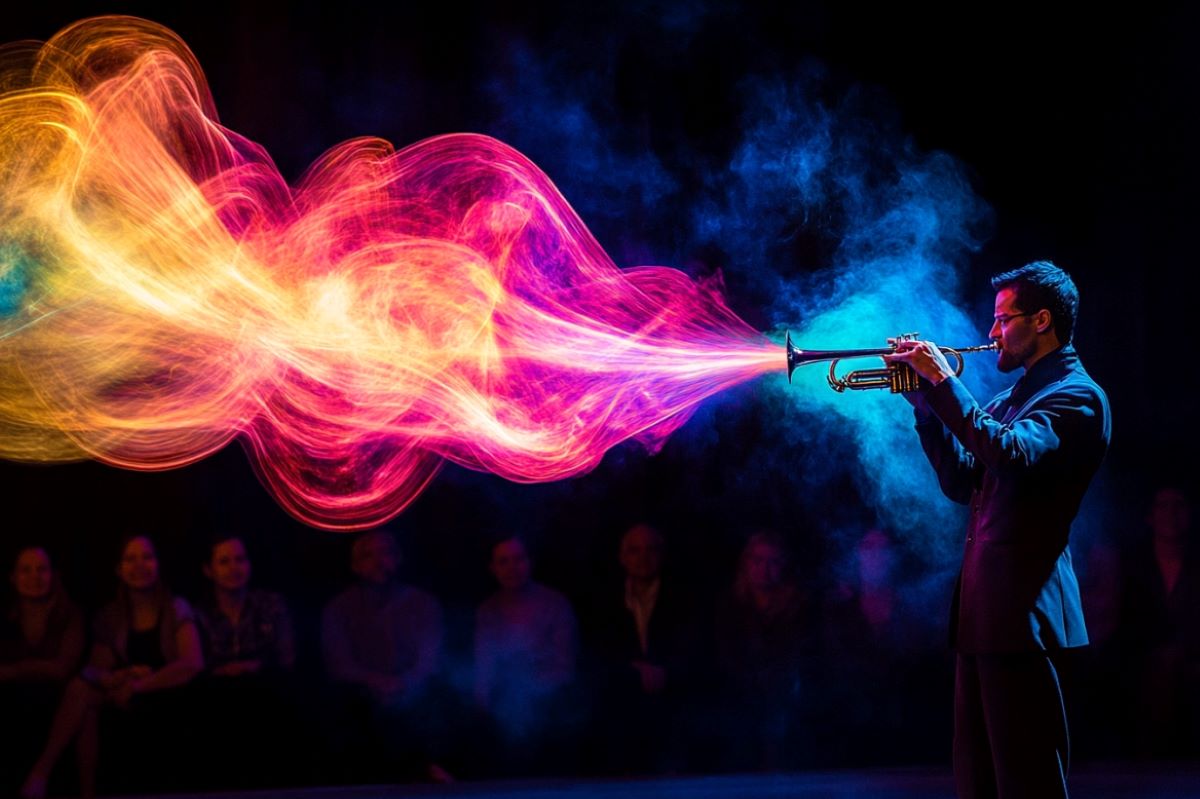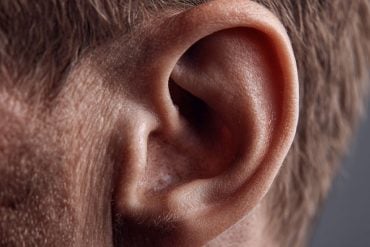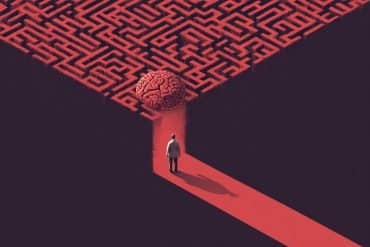Summary: A new study explores why magic tricks based solely on sound are rare, despite the many auditory illusions we encounter in everyday life. Researchers suggest that the difficulty lies in how the brain processes visual versus auditory information, with vision being more trusted.
They also note that visual perception captures the current state of the world, while sound provides transient information about past events. This difference may make it harder to create magical experiences through sound alone.
The study encourages magicians to explore auditory magic, particularly to make the craft more accessible to people with blindness.
Key Facts:
- Sound-based magic tricks are rare due to how the brain processes auditory information.
- Visual perception captures the state of the world, while sound is fleeting.
- A competition has been launched to inspire sound-based magic tricks.
Source: Cell Press
Magic tricks make the impossible seem possible. Magicians have long captivated audiences with visual tricks, such as pulling a bunny from a hat or sawing someone in half, but tricks that rely on sound are scarce.
A new article published in the Cell Press journal Trends in Cognitive Sciences on October 4 explores why creating a magical experience using only sound may be challenging and underscores the importance of making magic accessible to people with blindness.

“Given that magic is about the conflict between perceptual processes and our beliefs, we should be able to experience magic in other senses, but it turned out to be really difficult,” says corresponding author Gustav Kuhn, an Associate Professor in Psychology at the University of Plymouth.
“If you’re born blind, you’ll likely never have experienced a magic trick. Why is that? Can we create tricks that could be enjoyed and experienced by people with blindness?”
Only a handful of tricks involve other senses, like touch, and virtually none focus solely on auditory perception. But auditory illusions are everywhere. Stereo sound manipulates audio timing between the ears, creating the illusion of sound coming from different directions.
Movies use the Shepard tone, an auditory illusion that gives the impression of an endlessly rising pitch, to build unease and tension that keeps the audience on edge.
So, why are auditory magic tricks rare? The researchers argue that the reason may stem from the fundamental differences between how the brain processes visual and auditory information.
Humans are visual creatures. We tend to trust what we see more than what we hear, making us more surprised when our vision fools us.
Visual perception also reflects the state of the world, while auditory perception is transient. In other words, sound provides information about an event that has happened.
Because magic relies on manipulating the perceived state of the world, this distinction between vision and sound may be at the heart of why auditory tricks are elusive.
“If you see a trumpet, you don’t say ‘I saw a perception of a trumpet,'” says Kuhn. “But if you hear a trumpet, you’re more likely to say, ‘I heard the sound of a trumpet.’ This is the kind of difference we don’t think about.”
Another possibility is that magicians simply never considered creating auditory tricks, though the team believes it’s unlikely given the creativity and history of the craft. Still, to find out, the team launched a competition challenging magicians to conjure tricks using only sound, with results expected in November 2024.
“Magic should not rely on vision alone, and yet it’s nearly impossible to perform a trick that does not involve our visual perception,” says Kuhn.
“We don’t fully understand why yet, but this is an interesting question that invites more investigation into our senses and may help make magic more inclusive.”
Funding:
This work was supported by the Agence Nationale de Recherche grant.
About this auditory perception research news
Author: Kristopher Benke
Source: Cell Press
Contact: Kristopher Benke – Cell Press
Image: The image is credited to Neuroscience News
Original Research: Open access.
“Magic for the blind: Are auditory tricks impossible?” by Gustav Kuhn et al. Trends in Cognitive Sciences
Abstract
Magic for the blind: Are auditory tricks impossible?
Many magic tricks rely solely on vision, but there are few, if any, that rely on auditory perception alone.
Here, we question why this is so and argue that research focusing on this issue could provide deeper theoretical insights into the similarities and differences between our senses.







